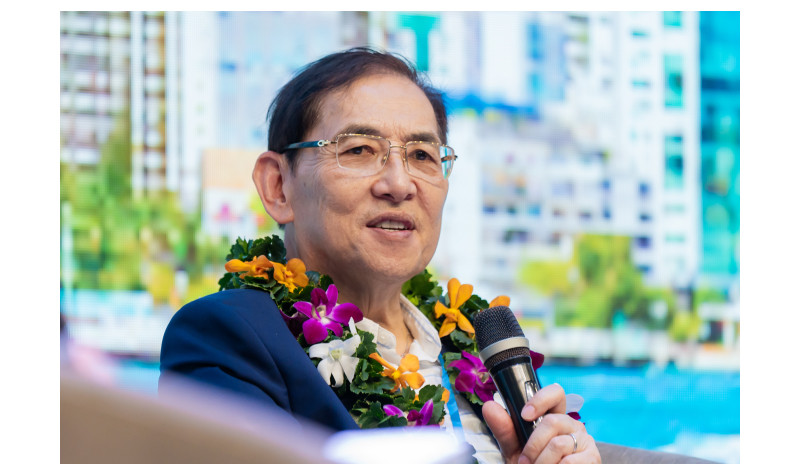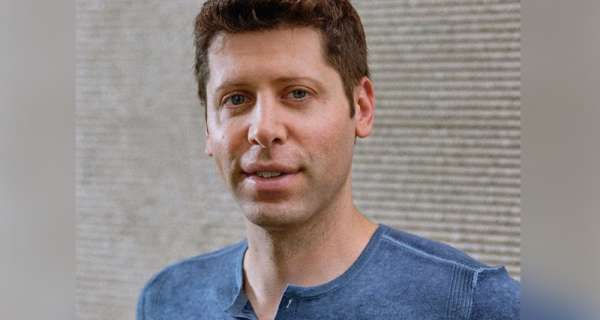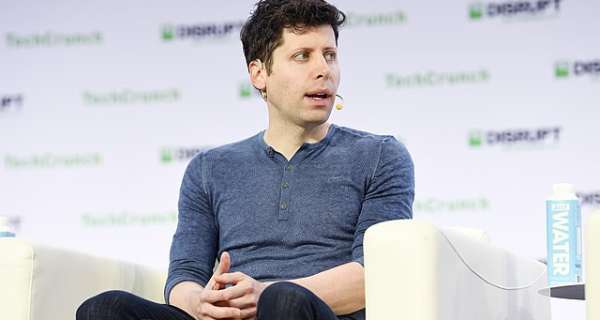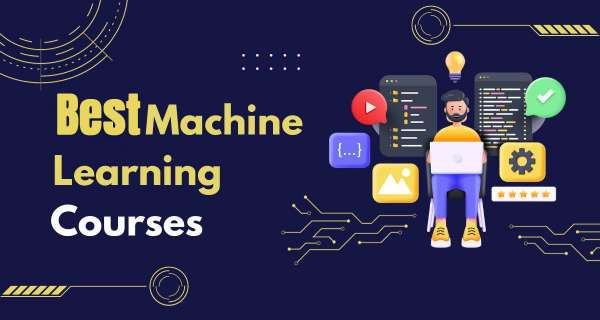"We may not be able to build machines like ChatGPT. OpenAI spends hundreds of thousands of dollars daily to run their model. We don't have that kind of money. But luckily, there are many open-source AI tools we can use," said Professor Tung Bui from the Shidler College of Business, University of Hawaii, at an event of July 5 at Van Lang University, Ho Chi Minh City.
He believes the big opportunity for Vietnamese businesses in this era is to find suitable AI models and apply them to their systems to increase competitive value and reduce operating costs.
When talking about Generative AI (GenAI), there are three key parts to considers: The user interface; The machine learning model behind it; The data to train the AI.
"Without data, there is no AI. Data is the biggest competitive asset that Vietnamese businesses have that OpenAI or international companies don't," He said.
Professor Tung Bui at the event "Vietnam's Competitive Capacity in the AI Era" on July 5th in Ho Chi Minh City. (Photo: Van Lang University)

Professor Tung noted that the shift in global supply chains is bringing many new opportunities to Vietnam. However, multinational companies are still concerned about the quality of production processes and labor skills. If Vietnamese businesses can apply AI to minimize weaknesses and enhance strengths, it will make multinational corporations feel more confident in choosing new bases.
From the business perspective, Ms. Nguyen Thi Thuy Duong, Revenue Director of FPT Automotive, said it took the group 25 years to reach $1 billion in revenue from software exports. But with AI, the group may only need 2-3 years to reach the next billion-dollar milestone.
According to Ms. Duong, AI is "seductive but scary," but if businesses boldly apply it and find the right formula, they will develop very quickly. She gave an example of the development of the Long Chau pharmacy chain.
"From the outside, Long Chau looks like a pharmaceutical" company, but behind it is a dense team of technology engineers. We not only use AI to train employees but also apply technology in logistics, sales, analyzing customer needs and behaviors," she said.
The experts discussed the potential of AI at the event on July 5 in Ho Chi Minh City (Photo: Van Lang University)

Meanwhile, Ms. Nguyen Thi Tra My, CEO of PAN, believes that even traditional industries like agriculture are not left out of the trend. Artificial intelligence can promote automation, improve productivity, and efficiently manage resources. However, applying AI in agriculture also faces challenges in data, investment costs, and labor. "If we know how to collect and organize data, AI can be trained based on farmers' knowledge and experience, helping to maintain and pass on traditional techniques to the next generation," Ms. My assessed.
According to her, this combination can create a sustainable and efficient agricultural model suitable for Vietnam's actual conditions, not only helping to increase productivity and product quality but also protecting and developing natural resources and biodiversity.
Meanwhile, Professor Tung Bui noted that before applying technology, a clear strategy is needed, knowing what you have, what you need, and avoiding dependence on machines. He believes that with AI, for the first time in history, humans can interact with computers using natural language instead of through programming software, opening up a major breakthrough for society. But AI also has weaknesses, and among billions of pieces of information, there is still incorrect information. Users need to be alert when using it, as well as consider "AI ethics" when applying technology on a large scale.
AI, Data engineers at FPT have the highest income of up to 10 billion VND per year.
FPT representatives said that the salary of senior engineers in AI and Data fields at the group reaches up to over 10 billion VND per year, equivalent to markets in Japan, Italy, and Spain.





















0 تعليقات